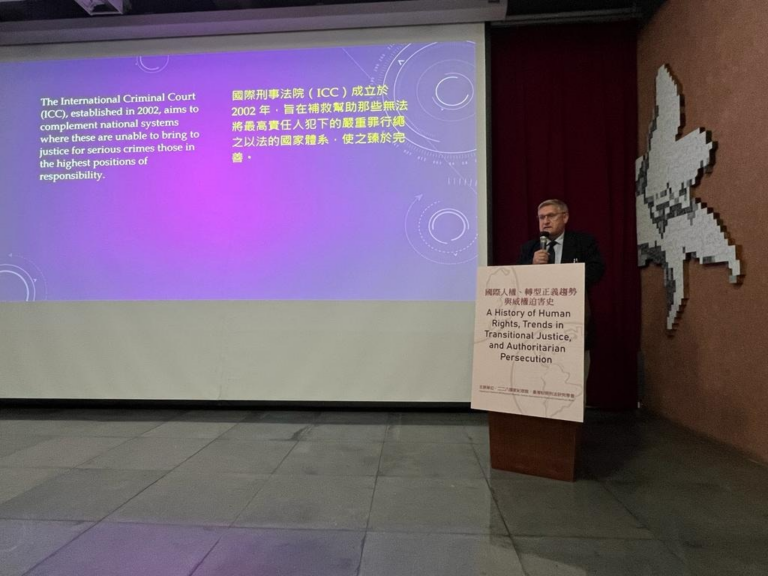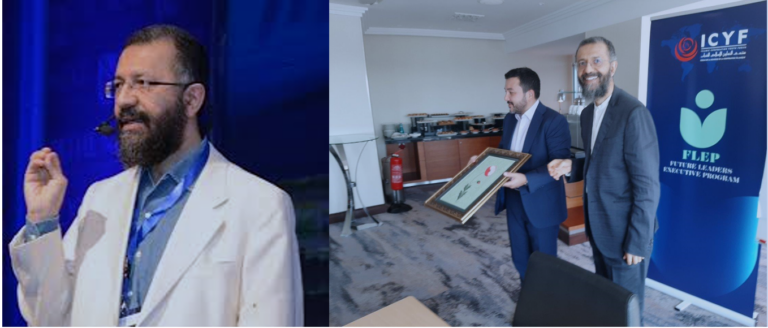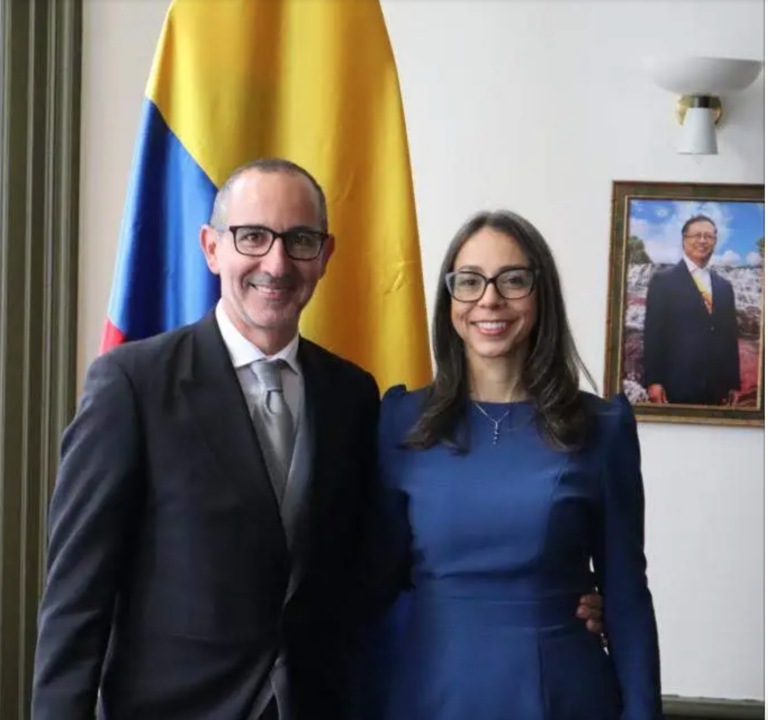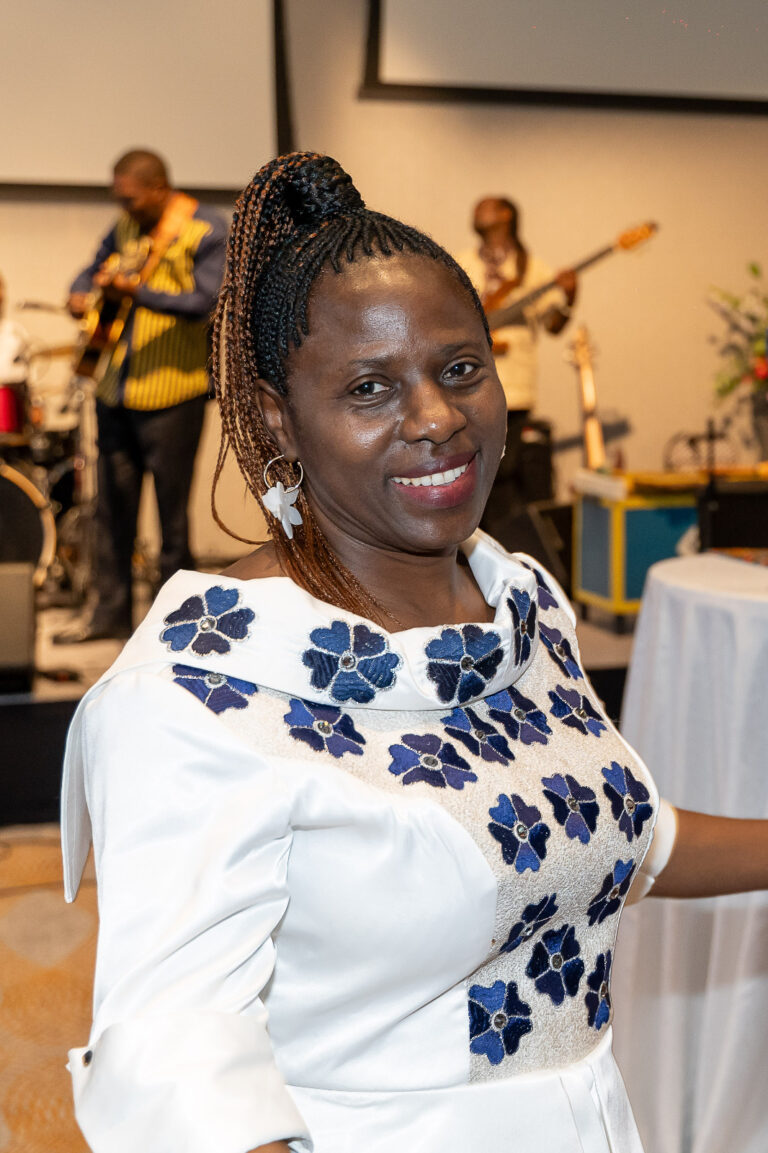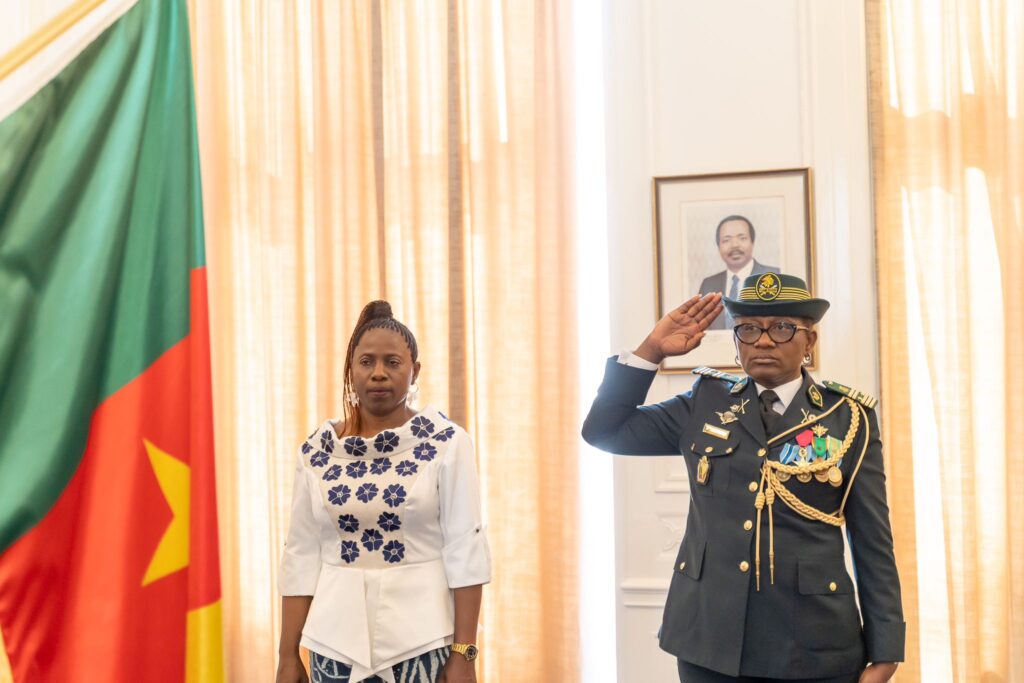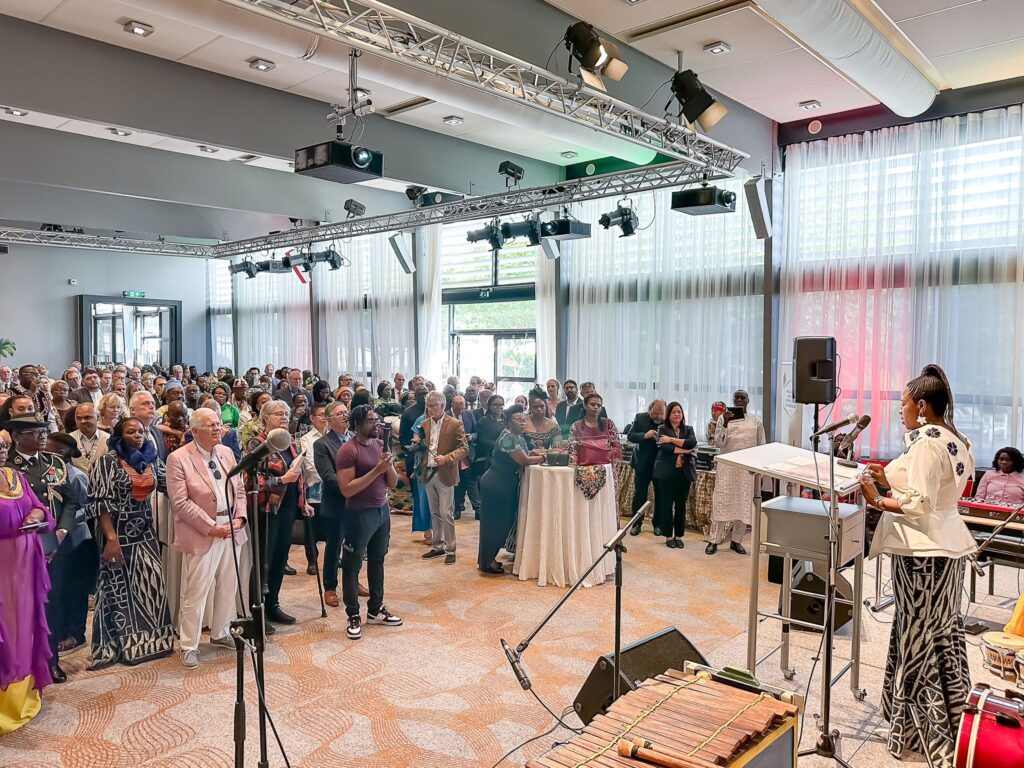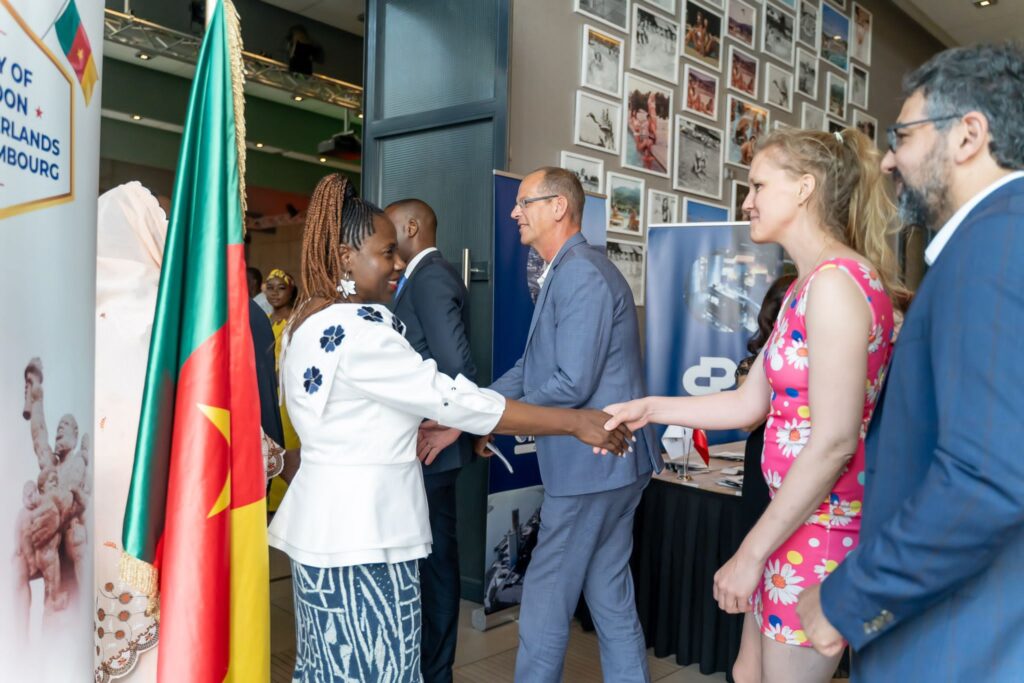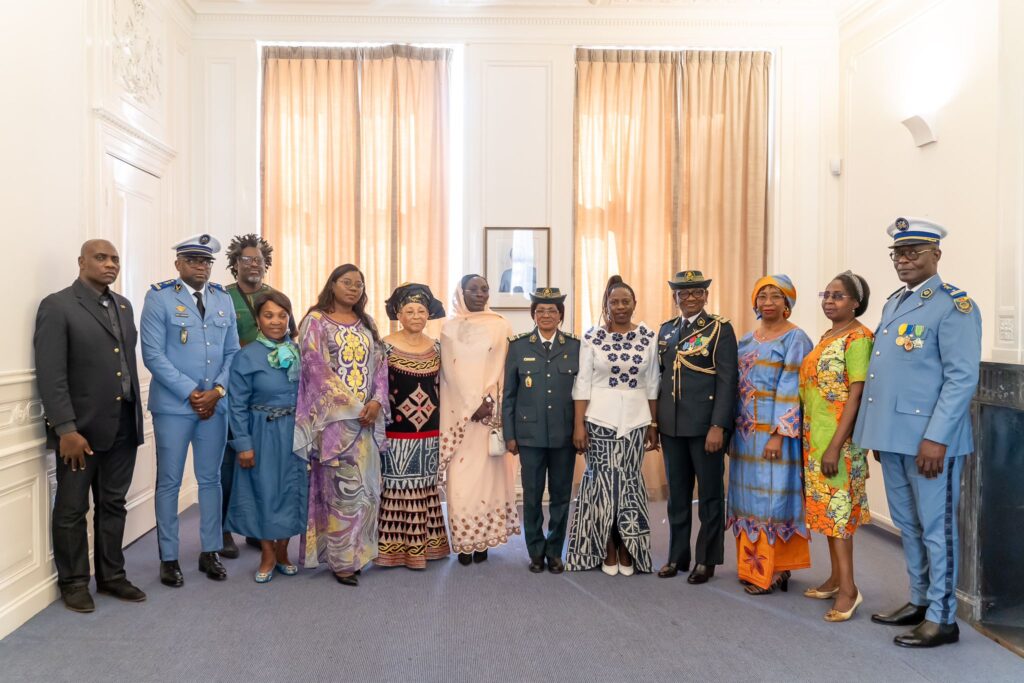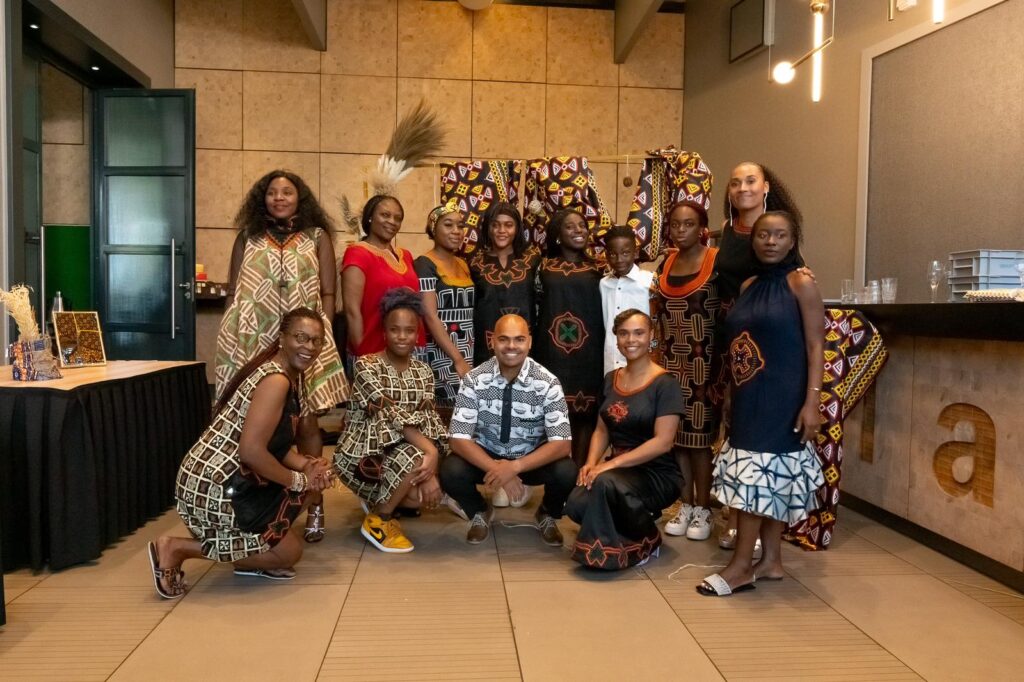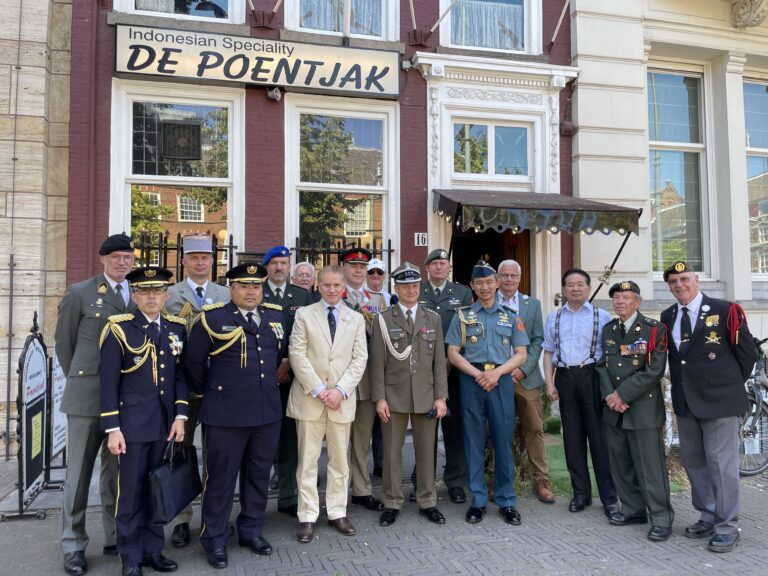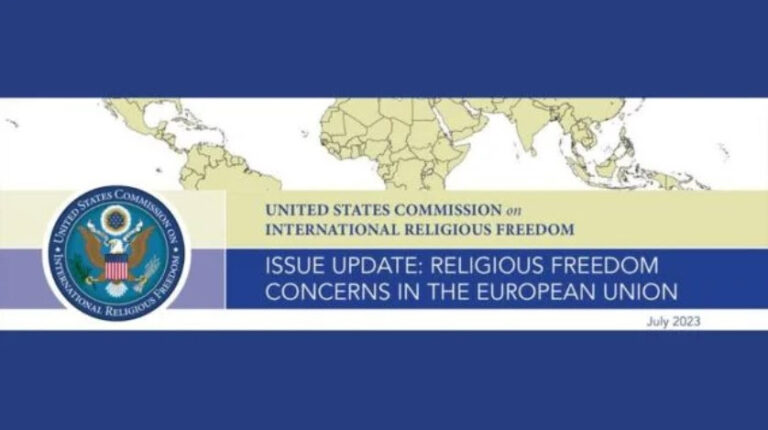By Willy Fautré, Human Rights Without Frontiers
HRWF (02.08.2023) – Ending impunity for serious crimes against human rights and humanitarian norms is an important EU and UN objective. It is essential in overcoming the legacy of past conflicts and in building the basis of stable, peaceful societies, as shown by the experience of societies that have taken the democratic path in recent decades.
Transitional Justice Historical background
The field of transitional justice emerged in the late 1980s and early 1990s, in response to the political transitions that took place during that time in Latin America and Eastern Europe.
The implementation of transitional justice measures depended on the national context, varying greatly, e.g. among former communist regimes. Today, the focus of transitional justice mechanisms has moved to countries afflicted by conflicts in Africa and Asia.
The International Criminal Court (ICC), established in 2002, aims to complement national systems where these are unable to bring to justice for serious crimes those in the highest positions of responsibility.
Transitional justice aims both at holding those responsible for serious crimes to account, at providing redress to victims, as well as at building fairer and resilient justice systems able to secure reconciliation and the transition to democracy. It includes several measures:
Prosecution of leaders and high officials of former regimes
Communist leaders in some eastern European countries and leaders of military juntas in Latin America faced justice in their countries: in Argentina (with a verdict in 1985) or in Guatemala where the verdict was finally invalidated in 2013 .
In other cases, former president of Serbia died before his conviction and former president of Côte d’Ivoire was acquitted after standing trial in international tribunals.
Prosecution took place independently of rank, of perpetrators of grave crimes, particularly genocide: Rwanda. (1994).
Lustration policies included vetting procedure before holding public office. These were central to the efforts of former communist countries in Europe (such as Germany, Czechia and Estonia), in overcoming their past and building stable democracies, but they were not free of judicial controversy regarding the concordance of lustration laws with human rights.
Truth initiatives ranged from the opening of secret services archives (as in former communist countries) to the Truth Commission in South Africa, (1995), while in Cambodia in 1995, a NGO assumed the task of preserving the memory of genocide.
Rehabilitation and redress for those convicted on political grounds or for persecuted groups.
Amnesty: This is the most controversial approach to transitional justice, as it precludes justice for victims, but it can be instrumental in ending bloody conflict. However, amnesty cannot apply in serious crimes against humanity and other similar crimes, as made clear in a number of landmark decisions of the Inter-American Court of Human Rights. In Latin America, amnesty was granted broadly to allow transition, but amnesty laws were later struck down for grave crimes in Argentina (2003), Guatemala (1996) or Peru (2019), although not in Brazil.
European Union action
The EU is an important player in the field of transitional justice. It has developed a comprehensive approach to help non-EU countries implement transitional justice.
Closing the accountability gap, fighting impunity and supporting transitional justice is among the priorities of the EU action plan on human rights and democracy for 2020-2024.
An EU policy framework on support to transitional justice provides guidance for both EU institutions and Member States, based on the main UN elements :
- in terms of criminal justice:
the EU supports the reform of national criminal legislation and alternative ways (mediation or traditional courts) to provide justice;
- in terms of search for truth: the EU promotes truth-seeking initiatives based on international law and best practice;
- in terms of reparations: the EU encourages a participatory, victim-focused approach to reparations;
- in terms of guarantees of non-recurrence/institutional reform:
The EU opposes amnesties for war crimes, crimes against humanity, genocide or gross violations of human rights, in line with the UN position.
The EU supports the ICC; it helps countries in situations of fragility and provides financial support for transitional justice initiatives and related issues.
The EU has put in place multiannual funding programs with partner countries including Burundi, Central African Republic, Colombia, Rwanda, South Sudan and The Gambia.
European Parliament position
The European Parliament has repeatedly underlined the need to put an end to impunity for grave crimes under international law.
In a March 2019 resolution on building EU capacity on conflict prevention and mediation, the Parliament declared that a pool of experts covering reconciliation and transitional justice was needed at EU level.
In another resolution in January 2021, the Parliament proposed to establish an EU Special Representative on International Humanitarian Law and International Justice and underlined the need to ensure justice for all victims of violations of international human rights and humanitarian law.
A recent resolution in February 2022 called for the promotion of transitional justice processes empowering civil society, victims, marginalised and vulnerable populations, increasing the role of women and young people in transitional justice.
Transitional justice measures do not only address past atrocities but they are also forward-looking.
As the armed conflict in Ukraine is ongoing and atrocities continue to be committed systematically, it is important to keep documenting the human rights violations perpetrated by Russia, the aggressor country, not only for accountability purposes, but also to know the truth of what happened and help determine the type and form of reparations.
If there is a peace agreement, the inclusion of transitional justice issues will be important but there may not be any negotiations and any peace agreement as in the case on the Korean Peninsula 60 years ago. In such a case of a stuck or frozen conflict, Europol, Interpol and the International Criminal Court will have to unite their efforts to hunt and prosecute Russian war criminals until the last one as long as they will be alive as it happened to the Nazi criminals of World War II.

